
Similar Posts
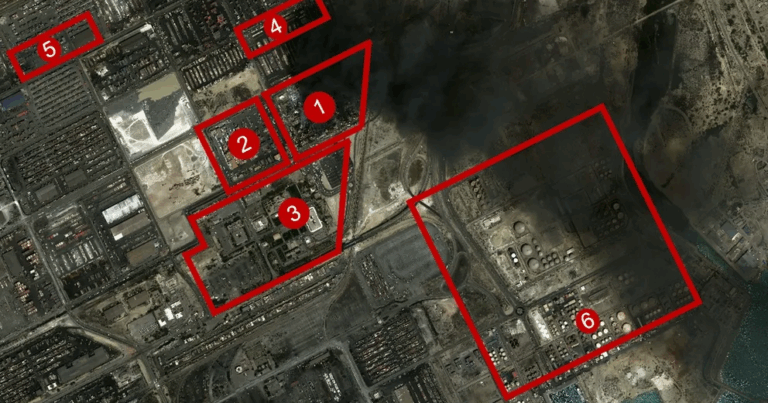
Stunning Satellite Images Reveal Devastating Impact of Iran Port Explosion
Recent satellite imagery reveals extensive damage from the April 26 explosion at Rajaei port, Iran’s largest container port, halting over half of the country’s loading and unloading capabilities. The explosion devastated key areas, particularly the Sina yard, which has been completely leveled, and the Khazar Qeshm Company warehouse, whose roof collapsed. The Rajaei Port Customs Office also suffered significant damage, extending up to 300 meters into evacuated parking areas. Fortunately, the hazardous materials zone remained intact. The incident poses serious implications for Iran’s trade and logistics, necessitating substantial recovery efforts amid ongoing economic sanctions. An investigation is underway to determine the cause.
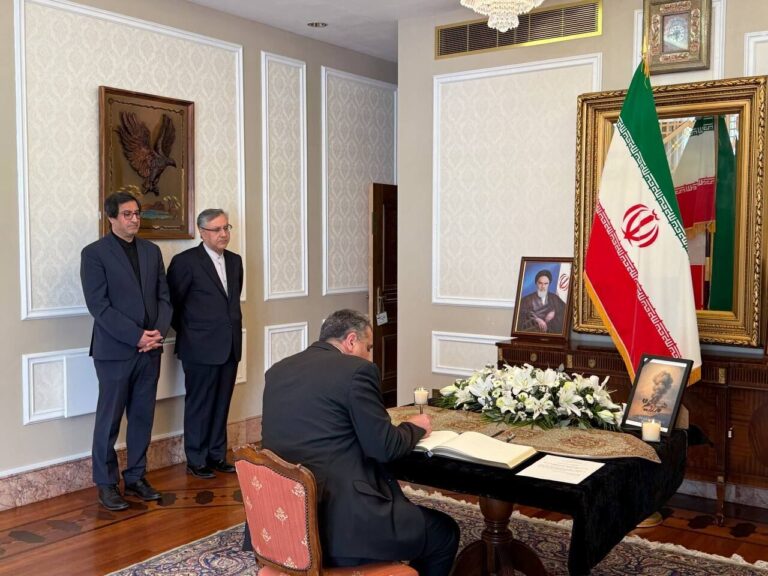
Global Diplomats in London Honor Victims of Bandar Abbas Port Blast
Ambassadors and diplomats visited the Iranian Embassy in London to honor the victims of a tragic fire at Shahid Rajaee Port in southern Iran, where an explosion occurred on April 26. The Iranian Ambassador, Ali Mousavi, welcomed their condolences, and the embassy will keep a memorial office open on April 29 and 30 to commemorate the victims. A heartfelt message shared on X expressed condolences to the Iranian nation, while the embassy’s flag was lowered to half-mast. As of recent reports, the death toll has risen to 70, with officials confirming the fire was fully contained after two days.
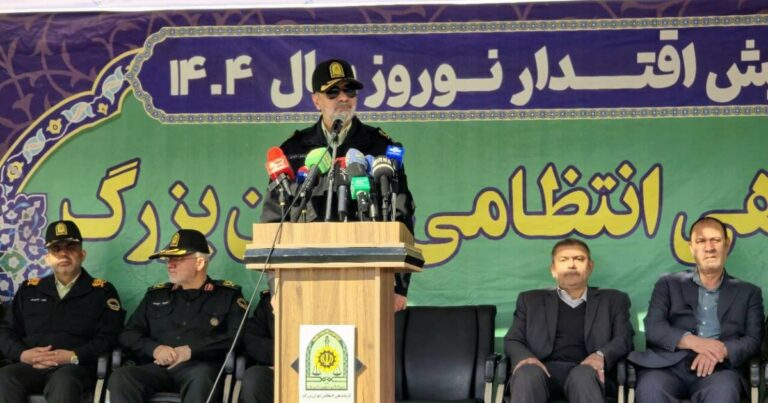
Iranian Police Enforce Border Closures as New Year Approaches
As Iran enters year 1404, national police commander General Ahmad-Reza Radan has announced plans to enhance border security and combat rising crime, exacerbated by economic pressures. Key initiatives include a four-meter concrete wall along the Afghan border, aimed at curbing drug trafficking and illegal entries, with completion expected in two years. Radan also prioritized reducing traffic violations and intensifying efforts against theft and drug-related crimes. For Nowruz celebrations, over 250,000 police personnel will ensure public safety. While crime rates, including theft, have reportedly decreased, tensions persist between cultural traditions and religious conservatism in Iran.

Exploring Qom Seminary: Iran’s Influential Hub of Politics and Spirituality
The Qom Seminary, located in Iran’s second holiest city, is a century-old Shi’ite clerical institution that wields significant influence over the nation’s religious elite and governance. Comprising nearly 60 schools, it attracts tens of thousands of students, including international attendees, and has produced many of Iran’s key political figures. Since the 1979 Islamic Revolution, the state has increased its control over seminaries, intertwining them with government funding and oversight. Supreme Leader Ali Khamenei’s influence extends through financial support and strategic control, shaping the clerical elite. While leadership remains male-dominated, over 3,000 women study in gender-segregated schools, focusing on religious education.
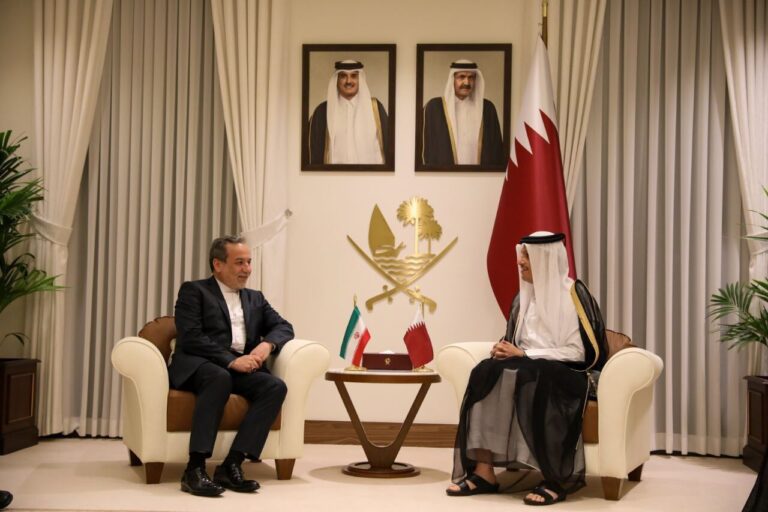
Iran and Qatar Strengthen Ties: Foreign Ministers Meet in Doha
Iran’s Foreign Minister Abbas Araqchi met Qatar’s Prime Minister and Foreign Minister Mohammed bin Abdulrahman bin Jassim Al Thani in Doha to discuss enhancing bilateral relations and addressing key regional issues. Their discussions focused on strategies to strengthen Iran-Qatar interactions, the humanitarian crisis in Gaza, and collaboration to support the Palestinian people. Araqchi also updated on indirect negotiations between Iran and the U.S. His visit coincided with the fourth Iran-Arab World Dialogue Summit, aimed at fostering better relations and understanding among leaders, emphasizing the importance of dialogue for regional cooperation.
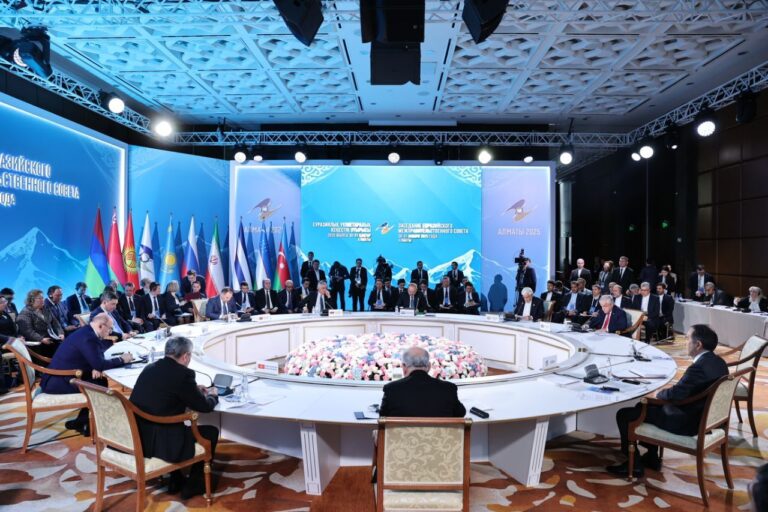
Iran Strengthens Commitment to Regional Partnerships, Says VP
Iranian Vice President Mohammad Reza Aref announced Iran’s commitment to becoming a key partner in regional arrangements during the Eurasian Economic Union (EAEU) Prime Ministers’ meeting. He highlighted Iran’s observer status in the EAEU as a significant step in strengthening ties with member countries. Aref emphasized the importance of regional economic diplomacy, plans to enhance cooperation in energy, technology, and transit, and the establishment of the Iran-EAEU trade corridor. Additionally, he noted Iran’s readiness to improve the transit capabilities of its ports in the Persian Gulf and Sea of Oman, underscoring Iran’s strategic focus on economic collaboration.